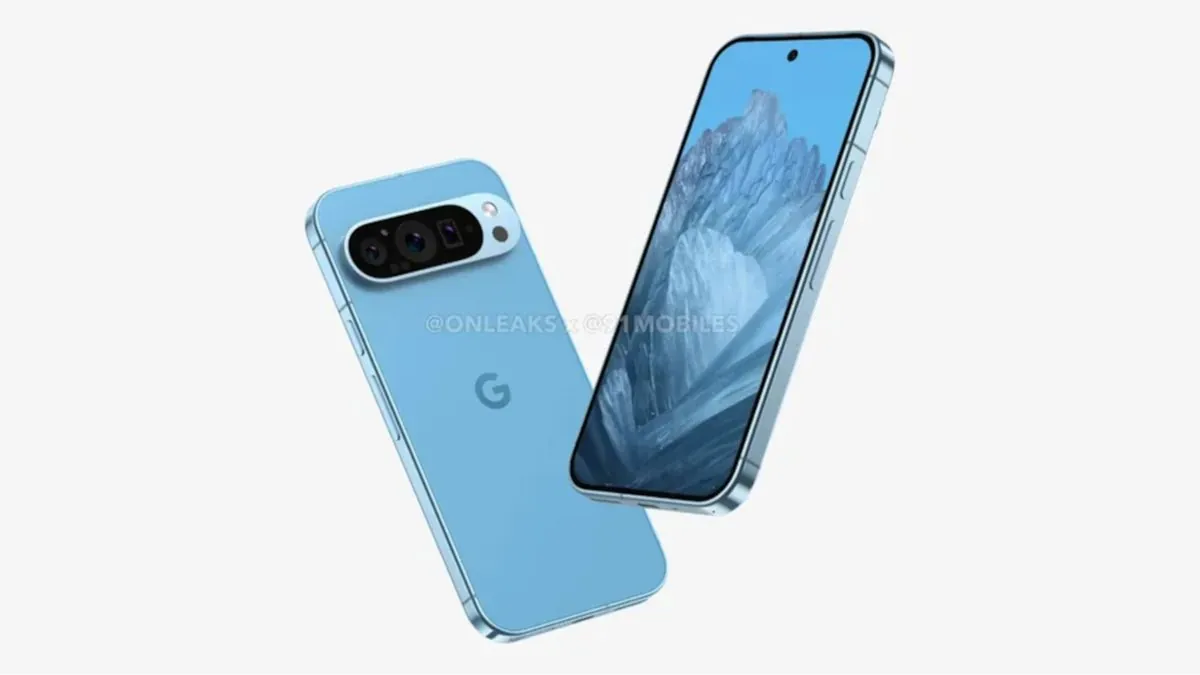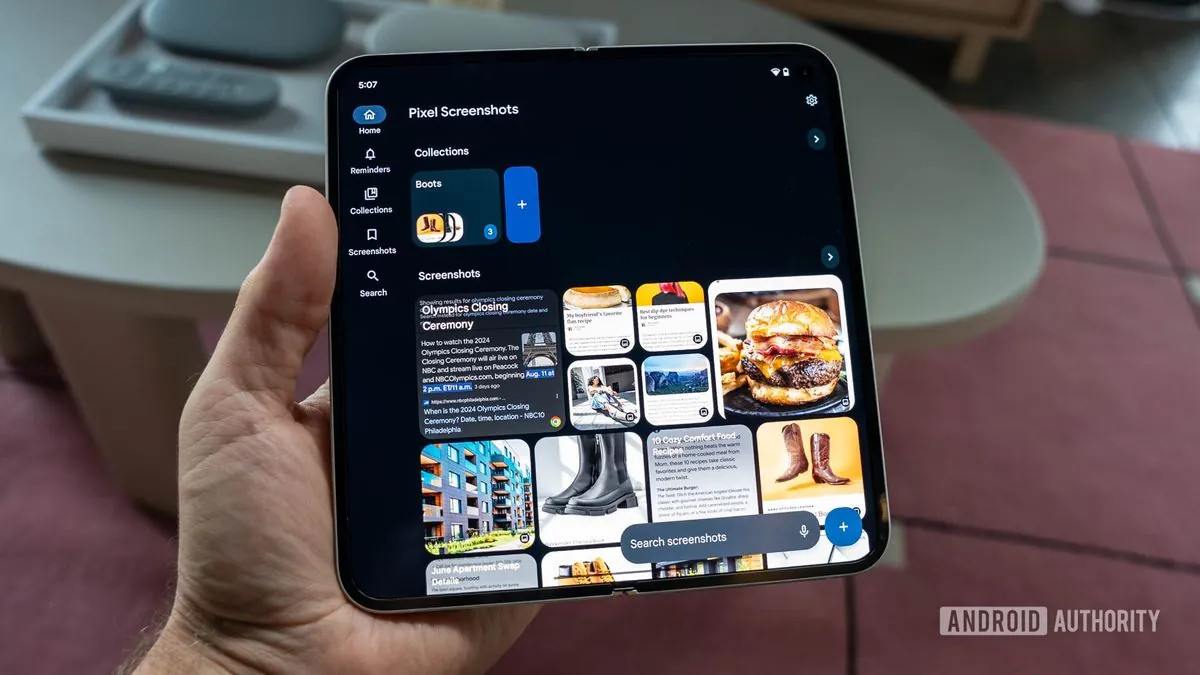Google's Pixel 9 Unveils AI-Powered Screenshot Search Feature
Google introduces AI-powered screenshot search in Pixel 9 smartphones, allowing users to extract information from captured images. The feature processes data on-device, maintaining privacy and user convenience.

Google has unveiled its latest Pixel 9 smartphones, showcasing a range of innovative AI-powered features. The announcement took place on October 8, 2024, at the company's Bay View campus in Mountain View, California.
One of the standout features is an AI-driven tool that can search and extract information from screenshots. This functionality addresses a common user challenge: finding specific information within a vast collection of captured images. Users can now simply ask the AI to locate details such as WiFi passwords or event information stored in their screenshots.

The new feature operates through a dedicated Pixel Screenshots app or via interaction with Google's AI assistant, Gemini. Importantly, the company emphasizes that all image analysis occurs directly on the Pixel devices, powered by the new Tensor G4 processors. This on-device processing ensures user privacy by avoiding the need to send screenshots to external servers.
While this tool offers significant convenience, it's worth noting some limitations. The feature requires user opt-in and primarily works with newly captured screenshots. However, users can manually add older images to the app if desired.
Google's decision to keep this feature exclusive to Pixel 9 smartphones aligns with its strategy to carve out a larger share of the smartphone market. Despite continuous growth in Pixel phone shipments since 2021, Google's global smartphone market share stood at just 0.8% in the first half of 2024, according to Canalys.
The Pixel 9 also introduces Gemini Live, an enhanced version of Google's AI assistant capable of engaging in more natural, extended conversations. This development puts Google ahead of competitors like Apple in bringing advanced AI capabilities to smartphones.
"Google had a first-mover advantage in the market that helped it differentiate, but the competition is catching up."
As the AI smartphone market expands, with IDC predicting a quadrupling of "generative AI smartphone" shipments this year, Google's innovative features aim to set the Pixel 9 apart in an increasingly competitive landscape.
It's worth noting that Google's journey in the smartphone market began with the release of the first Pixel phone in October 2016. Since then, the company has continuously innovated, leveraging its strengths in AI and machine learning. The introduction of Google Photos in 2015 laid the groundwork for advanced image management, while the development of the BERT language model in 2018 revolutionized natural language processing.
Google's commitment to AI extends beyond smartphones. The company's AI subsidiary, DeepMind, made headlines in 2016 when its AlphaGo program defeated the world champion in Go. This achievement underscored Google's capabilities in developing advanced AI systems.
As Google continues to push the boundaries of AI integration in smartphones, it builds upon a legacy of innovation that includes the creation of Android in 2008 and the launch of Google Translate in 2006. With each new development, Google aims to enhance user experience and maintain its position at the forefront of technological advancement in the mobile industry.


































